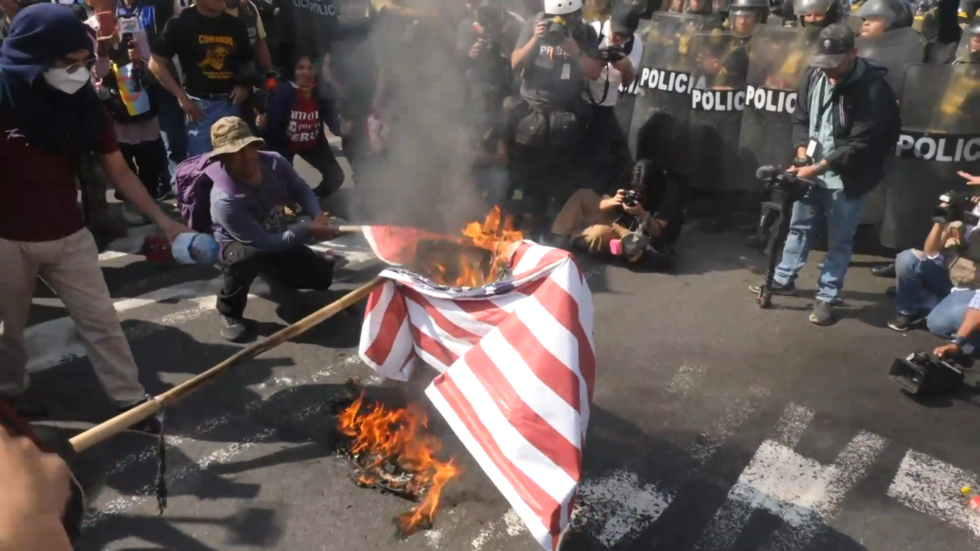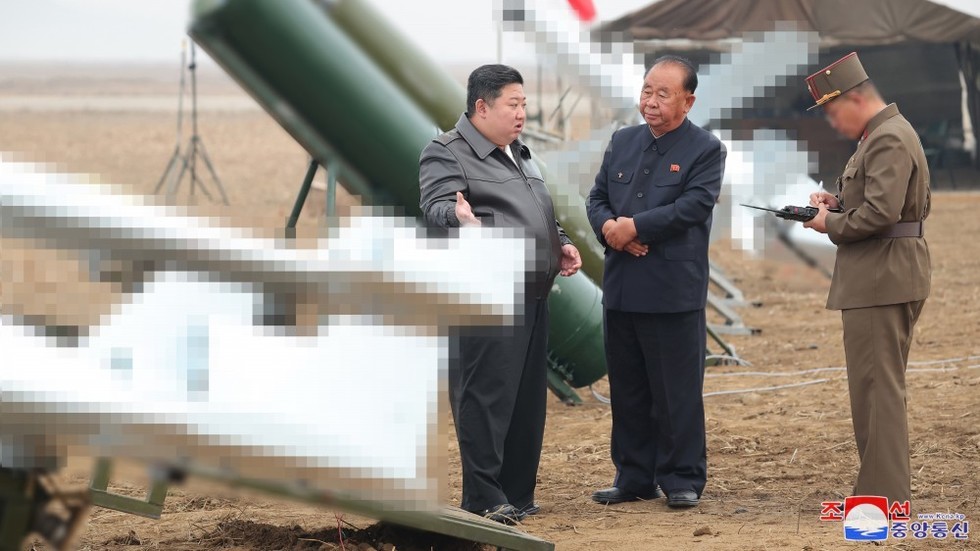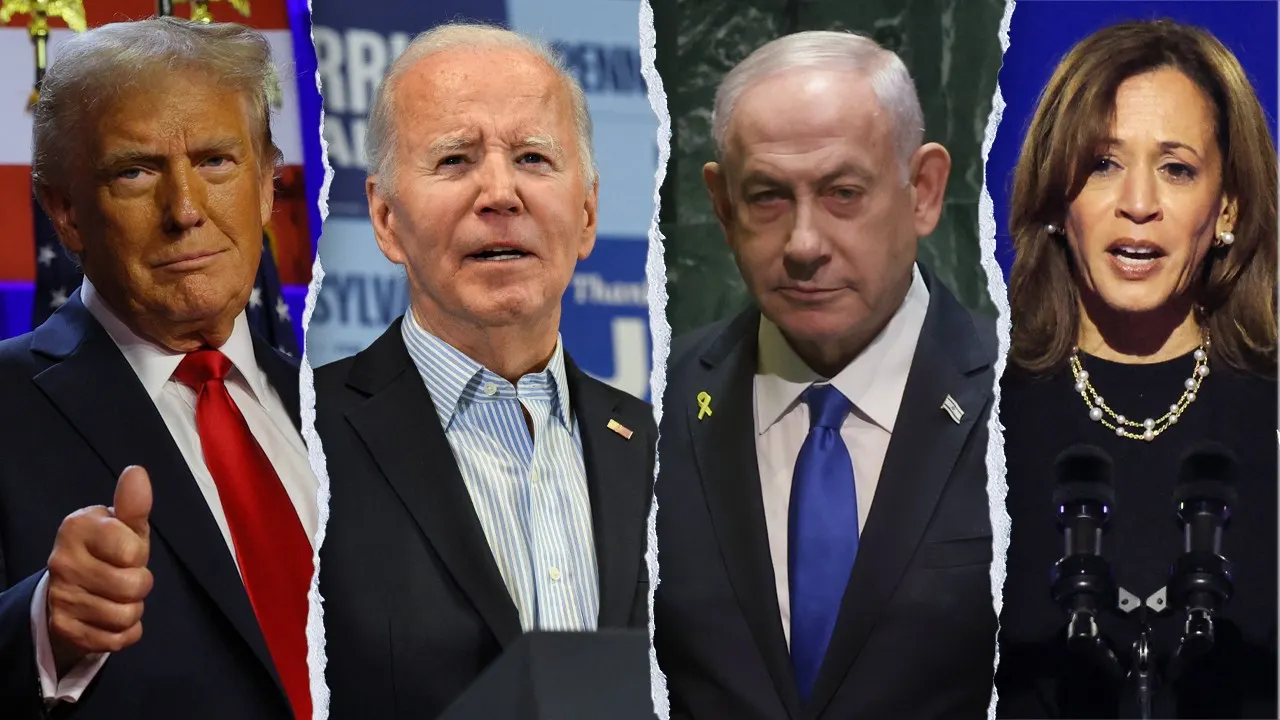At 17, I was like any other sixth-former. I was navigating A-levels, playing tuba in a youth brass band and planning my Duke of Edinburgh Gold expedition. Only a week before my diagnosis, I was hiking in Iceland, exploring glaciers and experiencing life to the fullest. Looking back, my symptoms were subtle – the odd migraine, a bit of tiredness, but nothing that set off alarms.
In July 2023, I felt “off”, and after my godmother, a GP, advised my dad to take me to the hospital, a cascade of tests began. I remember the out-of-hours GP examining me at the hospital, then wheeling me personally to the emergency room. I credit her with saving my life that day.
I still didn’t believe that I was unwell, even when I was in A&E. I remember looking round the waiting room as I was wheeled past and thinking that all the people looked much more ill than I did – so why was I being taken through first? I thought that I would be out in no time. I was wrong. They did several scans and I was taken to a bed. My dad was with me when the lead consultant in A&E that evening took him to a side room. He came back and told me that they wanted to admit me, and that the consultant would see me shortly.
My mum came down to the hospital and the consultant came to see me. It was then that she told me I had acute lymphoblastic leukaemia (ALL) and also a bleed on the brain and retinas. We all broke down in tears but decided there and then that we would get through this together. I remember the consultant telling me about a relative of hers who had cancer at a young age but had now recovered and was living life to the full. This helped to give me hope at a time when I felt there was none.
They told me that they needed to start treatment immediately. Within hours, I was receiving my first transfusion and preparing for chemotherapy. Unlike many others with ALL, standard chemotherapy wasn’t enough for me. Over five and a half months in hospital, my treatment escalated rapidly, starting with the ALLTogether treatment programme, an international trial that tailors treatment to the patient. When that also failed, I enrolled in a CAR T-cell therapy trial at Great Ormond Street Hospital – a ground-breaking treatment in which my own T cells were modified to recognise and attack leukaemia cells.
It was both terrifying and thrilling to be one of the first young patients to undergo this phase-one trial. I spent weeks in isolation, surrounded by very young children. I felt a world apart yet shared an invisible kinship with them. The trial gave me something priceless: hope when I was nearly out of options.
The Teenage Cancer Trust unit became my sanctuary. When I first arrived on their ward from the intensive care unit (ICU), I felt overwhelming relief. Gone were the endless machine beeps and harsh lights; instead, the ward had an atmosphere that felt far more like home. The staff became my lifeline, understanding both the medical and emotional toll. Padma, the youth support coordinator, organised activities like pizza nights and even a music session that brought out the real “me”, which my parents hadn’t seen in months. In a space designed for people my age, I felt seen and valued.
Isolation was one of the hardest parts. For days, I barely saw anyone other than a handful of nurses. At times, I felt like I was fading, not just physically, but also mentally. The hospital psychologist became essential to help me face the uncertainty and understand that my emotions were valid. Having someone outside of my family to talk to lifted a weight off my shoulders, especially as I was worried about burdening my parents.
I’ve had to come to terms with permanent changes, like needing lifelong immunoglobulin top-ups. My doctors explained that the CAR T-cells had eliminated not only cancerous B cells but all B cells. Some side-effects are ongoing: I have a low number of neutrophils, which makes infection an ever-present risk. At times, it feels like a hidden world that people don’t understand – cancer in young adults isn’t something people expect.
I was fortunate to receive incredible care and support from my family and friends. My parents took turns staying with me in the hospital, which kept me from getting fed up with either of them, and my younger brother visited most days. Friends brought games to cheer me up and distracted me with memories of primary school, as well as jokes, and it was just great to be normal again.
There were physical challenges that I hadn’t anticipated. I was warned that fertility might be impacted by my treatment, particularly because I was placed on the high-risk pathway. I haven’t fully processed this yet. There have been so many more immediate things to worry about.
Physically, my body endured far more than I ever imagined it would. At the start of my treatment, needles and cannulas didn’t bother me, but after having my blood tested twice daily for weeks and being cannulated more times than I can count, I began to struggle with them. I’ve also had various lines placed (tubes placed under the skin to help deliver treatments) – a neckline, femoral line, PICC line and Hickman line – all of which have left their mark.
Throughout, I tried to remain positive, but constantly receiving bad news (the cancer was still present after bone marrow biopsies) was incredibly hard. My psychologist and clinical nurse specialist were my anchors, helping me process the roller coaster of emotions. To this day, I find bone marrow biopsy results clinics challenging as I’ve come to expect bad news.
Yet, despite all the emotional and physical wear, there were small things that kept me going. Looking out of the hospital window each morning, seeing the sunrise, or feeling a breeze on my face were quiet comforts that reminded me that I was still here.
When Christmas came, I was desperate to be home, but a seizure forced me back into hospital. It was a crushing blow to learn that my leukaemia had spread to my spinal fluid. I spent the holiday season in isolation, my only company being the youth support coordinator and nurse who were allowed to visit despite the restrictions. They brought so much light to a dark time.
My love of nature encouraged me to get out every day, even if it was only to a balcony overlooking the hospital garden. Gradually, I managed to walk farther, and that progress lifted my spirits.
Since finishing active cancer treatment in May this year, I still have to go to hospital twice a month, so it’s not all over. But I’ve been rebuilding my life. I’ve started my final year of sixth form, reconnecting with friends and getting back to the activities that I once loved, such as cycling and walking in the countryside.
Cancer at a young age is an isolating experience, a hidden world that few truly understand. But if there’s one thing I want others to know, it’s that you’re stronger than you think. There’s a quiet strength in looking out of a window, feeling the wind, or watching the sunrise. It’s the small things that remind you of life’s beauty, even in the hardest moments. Clinical trials saved my life, but it was the love, support, and these small comforts that got me through it all.
But I can’t stress how important the clinical trials are. For so many young people like me, access to these trials isn’t guaranteed. The Teenage Cancer Trust recently highlighted how age restrictions on clinical trials are preventing people aged 13-24 from accessing new, life-saving treatments. It breaks my heart to think that some teenagers might not get the chance I had simply because they’re too old for paediatric trials and too young for adult ones. Every young person facing cancer deserves a fair shot at survival and it’s time we make sure that no one is left behind because of an age limit.
Today, at 18, I’m living proof of the power of hope and resilience – and the importance of clinical trials that bring life-saving treatments to young people like me.
As told to Suzy Walker
Teenage Cancer Trust is one of four charities supported by this year’s Telegraph Christmas Charity Appeal. The others are Humanity & Inclusion, Alzheimer’s Research UK and Army Benevolent Fund. To make a donation, please visit telegraph.co.uk/2024appeal or call 0151 317 5247

 By The Telegraph (World News) | Created at 2024-11-15 06:05:12 | Updated at 2024-11-15 08:17:37
2 hours ago
By The Telegraph (World News) | Created at 2024-11-15 06:05:12 | Updated at 2024-11-15 08:17:37
2 hours ago








